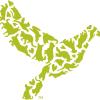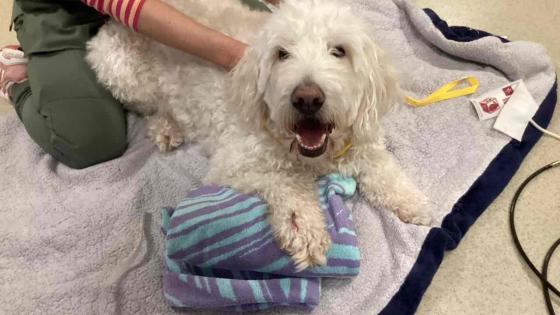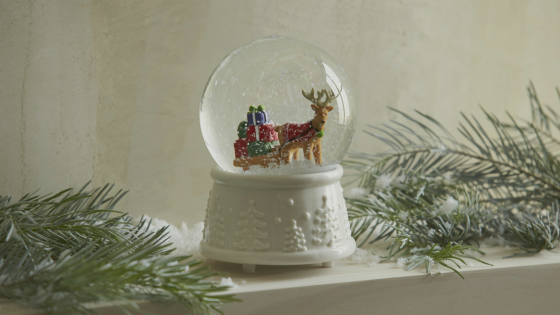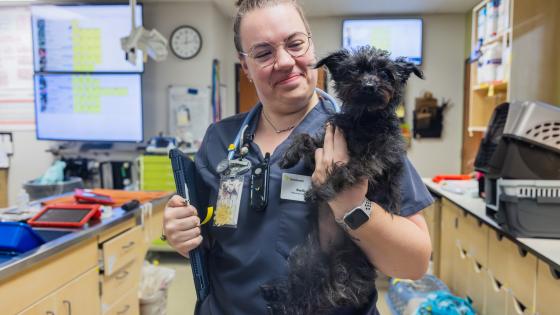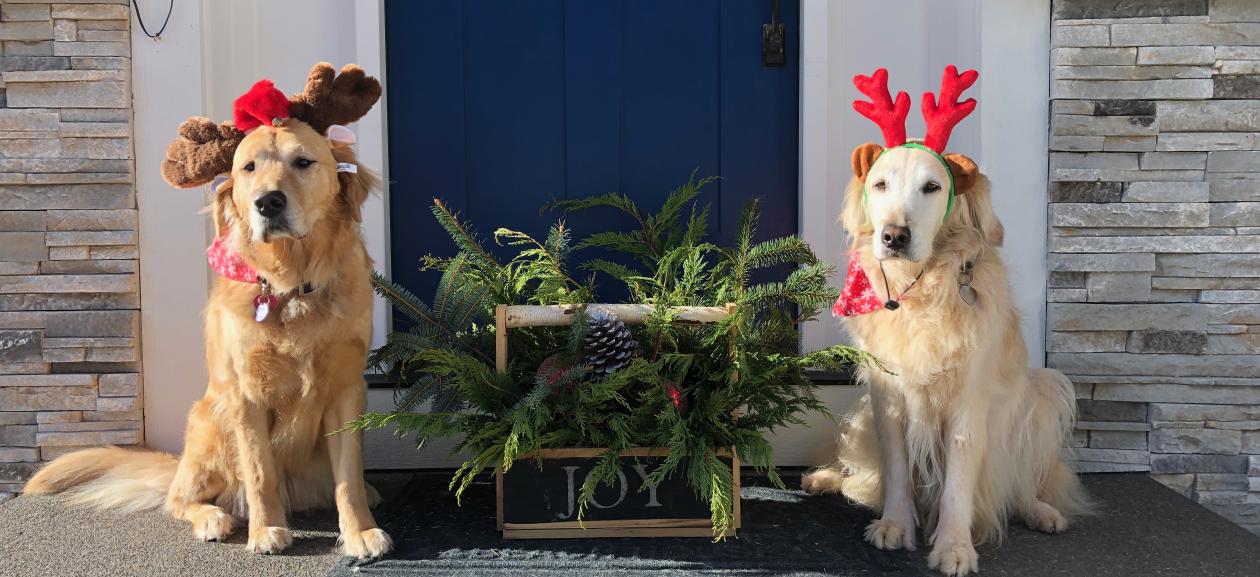
Holiday Hazards for Your Pet
The holiday season is here! It's a time for festive lights, cozy nights with hot cocoa, and indulging in your favorite treats. But amidst all the holiday cheer, don’t let an emergency trip to the veterinary clinic dampen your spirits. With all the added fun, there are also added risks for your furry family members. Here are some common holiday hazards and tips to keep your pets safe and happy this season.
Food Hazards
Turkey and Turkey Bones
While it’s tempting to share your festive feast with your pets, even small amounts of turkey or turkey skin can cause pancreatitis, a potentially life-threatening condition. Turkey bones are also dangerous because they can splinter, causing punctures or blockages in your pet’s digestive tract. Keep your turkey out of reach and secure food scraps in tightly sealed garbage bags.
Chocolate and Other Sweets
Chocolate, especially darker chocolate, is toxic to pets. Additionally, xylitol—an artificial sweetener found in gum and some baked goods—can be deadly to dogs and cats. Always keep sweets covered and out of reach.
Alcohol
Unattended drinks aren’t the only risk—raw bread dough can also be hazardous. The yeast in the dough ferments in a pet’s stomach, producing ethanol and carbon dioxide, and causing alcohol poisoning. Symptoms include vomiting, lethargy, weakness, and staggering. Keep all alcohol and dough away from curious noses.
Table Scraps
Holiday leftovers may contain ingredients that are harmful to pets, such as onions, garlic, raisins, and grapes. Instead of sharing your meal, treat your pets to their usual food with a festive twist, like unseasoned pumpkin, carrots, or sweet potato.
Decoration Dangers
Christmas Tree Stability
Pets are naturally curious about shiny ornaments and twinkling lights. To prevent accidents, secure your tree or place it in an area less accessible to your pets.
Christmas Tree Water
Some trees are treated with chemicals that can seep into the water, making them toxic. Stagnant water can also harbor harmful bacteria. Ensure your pets can’t access the tree’s water.
Cords from Holiday Lights
Keep electrical cords out of reach or covered. If tampered with, lights can cause electrical burns and potentially electric shocks that could be deadly.
Decorative Plants
If ingested, seasonal plants like mistletoe, holly, and poinsettias can cause vomiting, diarrhea, and other health issues. Opt for pet-safe decorations or keep these plants out of reach.
Candles
Never leave pets unattended around lit candles. Consider using battery-operated candles for a safer alternative.
Tinsel and Ribbon
Tinsel and ribbon can cause severe digestive issues if ingested, especially for cats. Avoid using tinsel altogether and store ribbons in secure locations.
Ornaments
Glass or sharp-edged ornaments can be dangerous if broken or chewed. Use shatterproof ornaments and hang fragile decorations higher on the tree.
Liquid Potpourri
Cats are particularly attracted to liquid potpourri. But the liquid is hot which can burn their fur and mouths in addition to causing gastrointestinal problems if ingested.
Celebration Precautions
New Year’s Distractions
Confetti, noisy poppers, and fireworks can be dangerous. Confetti can cause intestinal blockages, while loud noises scare pets, leading them to run away. Keep pets secured in a safe, quiet space during festivities.
Houseguests
The hustle and bustle of visitors can be stressful for pets, causing vomiting or other stress-related issues. Create a quiet retreat where your pets can relax away from the festivities.
Watch the Exits
With guests coming and going, pets may slip out unnoticed. Ensure your pet’s microchip and ID tag information are up to date. If they do get lost, use resources like the DoveLewis Lost and Found Database.
Holiday Travel
If you’re traveling with your pet, secure them in a harness or carrier during car rides. Never leave them alone in the car. Pack essentials like food, medications, and first aid supplies. If boarding your pet, consult your veterinarian to ensure their vaccines are up to date and discuss protection against contagious diseases like canine influenza.

Download Holiday Hazards for your Pet Infographic
Quick Action Can Save Lives
If you suspect your pet has ingested something harmful, contact your veterinarian or the ASPCA Animal Poison Control Center at 1-888-426-4435 immediately. For 24/7 veterinary care, come to DoveLewis or call us at 503-228-7281 if you notice signs of distress, such as sudden behavioral changes, vomiting, or diarrhea.
By staying vigilant and taking a few extra precautions, you can ensure a joyful and safe holiday season for both you and your beloved pets!
